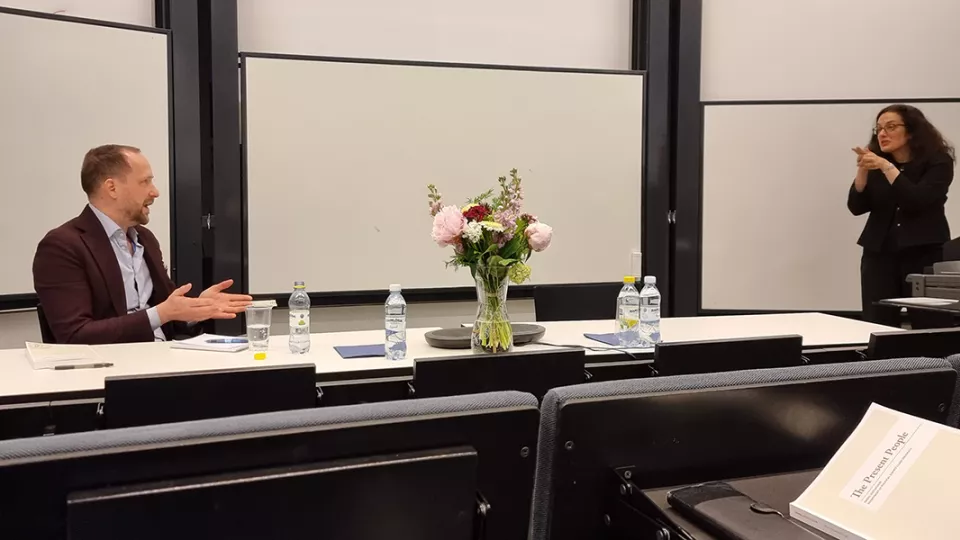Abstract
In modern political thought, one of the most recalcitrant, and increasingly pressing, questions of modern democracy is whether, and in what sense, the people can be present. While the presence of the people has, and continues to be, the sine qua non of the democratic form of government, it has also been for a long time held that the people cannot be present literally or in fact.
According to the conventional narrative, this absence has been seen as a necessary acquiescence to the problem posed by the modern state, territorially expansive and populous, precluding an assembly democracy in which all can be physically present. The paradox which thus underpins modern democracy is that the people, being represented, is present in some sense, while not present literally or in fact.
This thesis argues that the conventional narrative of the paradox of presence of modern democracy remains incomplete. It argues that in posing the question of what it means to speak of the presence of the people, contemporary political theory and intellectual history has so far neglected the question of time.
Turning to the history of political thought of early modernity, the thesis contends that in the political thinking of Thomas Hobbes, Samuel Pufendorf and Robert Filmer, the critique of the democratic assembly was indeed framed primarily as one of time, rather than size and space. The democratic assembly, it was suggested, could not be present often enough to ensure the continuance of political order.
Taking this problem of presence as a point of departure, the thesis traces its constitutive role in the political thought of some of the key thinkers of modern political thinking, including John Locke, Jean-Jacques Rousseau, as well as some of the central theorists of representative government from the end of the eighteenth century.
It argues that while the question of time gradually came to be lost from the vocabulary of modern political thought, the problem continued to underpin and structure modern thinking on democracy and popular sovereignty. The imperative which thus continues to underpin modern democratic thought, though largely implicit, is that the people, understood as a political unity, must be made present often enough to ensure the continuance of political order.
The thesis suggests that bringing this imperative to the fore allows political theory a greater understanding of the paradox of presence which imbues modern political thinking on democracy and popular sovereignty.
External reviewer was Professor Mónica Brito Vieira, University of York.
Supervisor: Jens Bartelson
Assistant supervisor: Sara Kalm
More information about the thesis is available in the Lund University Research Portal.



